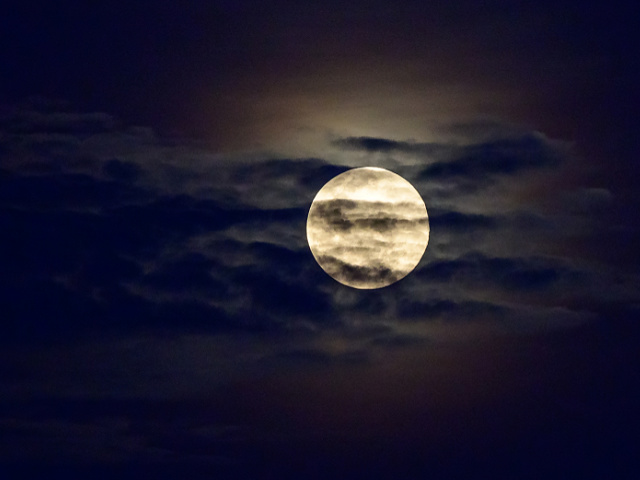On January 15th, 2009, US Airways Flight 1549 and the 155 people on board were saved by Captain “Sully” Sullenberger, who made an emergency landing in the Hudson River following a double engine failure on the aircraft.
By the time of the emergency, Sullenberger had thirty years of commercial flying experience, with years of experience before that as a pilot for the U.S. Air Force. Following the crash, he said: “I’ve been making small, regular deposits in this bank of experience, education and training. And on January 15th, the balance was sufficient so that I could make a very large withdrawal.”
If someone told me that I would be on an airplane during a similar emergency, and made me choose the pilot, I would pick Sullenberger. Given six months to research all the best pilots in the world, I would probably still pick Sullenberger, because his experience – before and on January 15th – gives me confidence. Not only is he a hero, he has excelled in virtually every academic and practical endeavor in his life – high school honor student, top flyer in his air-force class, even business CEO. His success in preventing a fatal accident was no accident.
There are quite a few things, however, that wouldn’t factor into my decision.
I wouldn’t be concerned that in 2020 Captain Sullenberger endorsed Joe Biden’s candidacy, even though I supported Trump and believe Biden to be a cheater, a liar, and a shameless opportunist.
I wouldn’t be concerned that Sullenberger allowed himself to be played by liberal hack Tom Hanks in an overly-dramatic movie about the flight.
And as an Arab-American (my grandfather was from Lebanon) who had two direct relatives that fought against the Germans in World War II, I can’t even begin to describe how little I care that Sullenberger is of Swiss and German descent. No one’s skin color or race should ever matter (for the record, my wife and son also happen to be of minority (Mexican) descent).
But on April 6th, United Airlines, a competitor of Sullenberger’s former employer US Airways, announced that they would prioritize skin color (as well as gender) in the pilots they train.

United committed – for the next ten years – to ensure that 50 percent of the pilots they train will be either female or black. To be honest, as crazy as it might sound, I’d prefer they hire or train – regardless of race or gender – whoever has the best academic and aviation background. Including women, blacks, and black women.
Most people understand inherently why skin color should play no part in picking airline pilots. If nothing else, United’s policy is racist (in this case discriminating against Asians, whites, Arabs, and Hispanics).
But in case someone out there doesn’t understand why discrimination is not just bad but dangerous, let’s do some math here.
Traditionally (although this has changed significantly in recent years) the vast majority of commercial pilots were, like Sullenberger, former members of the Air Force. According to official statistics, the U.S. Air Force is currently about 80% male and 80% white.
In the private aviation industry, the Federal Aviation Administration claims that only about 7.9 percent of pilots are female, and only about 13.8% of students are. The FAA statistics don’t discuss the race of pilots (probably the first time I’ve ever seen government statistics not divide Americans by race) but it’s safe the assume, given that African Americans make up only 13 percent of the U.S. population, that the percentage of black commercial pilots does not exceed the number of African-American pilots in the Air Force, thus about 20 percent.
Assuming that about 8 percent of current black pilots are female, in line with the number of female pilots overall, that would mean the aviation industry has about 27-26% of pilots (including student pilots) who are either back or female. The actual totals may be lower, because United, which says it is an “industry leader” in diversity, said in its statement on its new policy that the airline’s totals were only at 20 percent.
Unless United is actively discriminating against black and female pilots, that means they’ve had a hard time recruiting from those groups in the past. But to increase the representation of those groups in their pilot program (pun fully intended) to 50%, they would have to multiply their current 20 percent by 2.5 – a 150 percent increase. The statistics, as noted above, would be similar for the industry overall.
So, what happens if United runs into problems trying to achieve a 150 percent increase in pilots from these two demographics? United tells us they plan “for 50% of United Aviate Academy students being women and people of color to ensure our students reflect the diversity of the customers and communities we serve.” Ensure. In other words, if it comes down to a safe pilot vs. meeting an arbitrary diversity statistic, the statistic is going to win at United.
Tell you what. The first airline to pick pilots based solely on merit, give me decent legroom, and serve me more than a bag of stale pretzels gets my business, even if they charge $800 apiece for economy-class seats.




One Response
That’s ONE Airline I WILL NOT FLY AGAIN